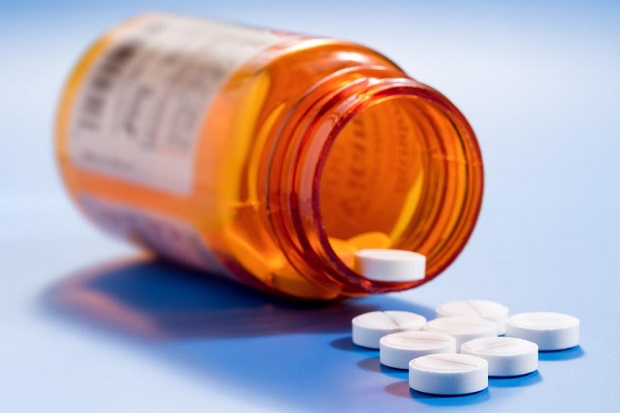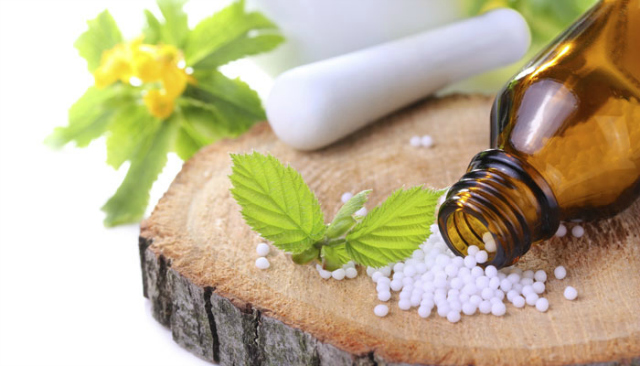
The word antibiotic comes from the Greek anti meaning ‘against’ and bios meaning ‘life’ (a bacterium is a life form).’ Antibiotics are also known as antibacterials, and they are drugs used to treat infections caused by bacteria. Bacteria are tiny organisms that can sometimes cause illness to humans and animals.
Antibiotics, first used in the 1940s,
An antibacterial is a compound or substance that kills or slows down the growth of bacteria. Before bacteria can multiply and cause symptoms our immune system can usually destroy them. We have special white blood cells that attack harmful bacteria. Even if symptoms do occur, our immune system can usually cope and fight off the infection.
The first antibiotic was penicillin.
How do antibiotics work?

Although there are a number of different types of antibiotic they all work in one of two ways A bactericidal antibiotic kills the bacteria. Penicillin is a bactericidal. A bactericidal usually either interferes with the formation of the bacterium’s cell wall or its cell contents. A bacteriostatic stops bacteria from multiplying.
What are antibiotics for?
Do antibiotics work against all infections?
An antibiotic is given for the treatment of an infection caused by bacteria. Antibiotics target microorganisms such as bacteria, fungi and parasites. However, they are not effective against viruses. If you have an infection it is important to know whether it is caused by bacteria or a virus. Most upper respiratory tract infections, such as the common cold and sore throats are generally caused by viruses – antibiotics do not work against these viruses.
What are the side-effects of antibiotics?
Antibiotics can cause more harm than good when they aren’t used the right way
Below is a list of the most common side-effects of antibiotics:
Side-effects range from mild to very serious depending on the antibiotics used, the microbial organisms targeted, and the individual patient.Safety profiles of newer drugs are often not as well established as for those that have a long history of use. Adverse effects range from fever and nausea to major allergic reactions, including photodermatitis and anaphylaxis. DiarrheaFeeling and being sickFungal infections of the mouth, digestive tract and vaginaBelow is a list of rare side-effects of antibiotics:Formation of kidney stones (when taking sulphonamides)Abnormal blood clotting (when taking some cephalosporins)Sensitivity to sun (when taking tetracyclines)Blood disorders (when taking trimethoprim)Deafness (when taking erythromycin and the aminoglycosides)Allergic reactions to antibiotics.
Some patients may develop an allergic reaction to antibiotics – especially penicillins. Side effects might include a rash, swelling of the tongue and face, and difficulty breathing. If you have ever had an allergic reaction to an antibiotic you must tell your doctor and/or pharmacist. Reactions to antibiotics can be very serious, and sometimes fatal – they are called anaphylactic reactions.
Alcohol
Interactions between alcohol and certain antibacterials may occur and may cause side-effects
Use antibiotics with extreme caution and ensure you inform your doctor/pharmacist if:
You have reduced liver or kidney function
You are pregnant
You are breastfeeding.
Antibiotic Resistance
One of the foremost concerns in modern medicine is antibiotic resistance. Simply put, if an antibiotic is used long enough, bacteria will emerge that cannot be killed by that antibiotic. This is known as antibiotic resistance. But overprescribing them has resulted in the development of resistant bacteria, which are bacteria that don’t respond to antibiotics that may have worked in the past. Infections exist today that are caused by bacteria resistant to some antibiotics. The existence of antibiotic-resistant bacteria creates the danger of life-threatening infections that don’t respond to antibiotics.
Bacteria become resistant more quickly when antibiotics are used too often or are not used correctly (such as not taking a full course of antibiotics as prescribed by your doctor).
Misuse
Though antibiotics are required to treat severe bacterial infections, misuse has contributed to a rise in bacterial resistance.
Self prescription of antibacterials is an example of misuse.
Common forms of antibacterial misuse include excessive use of prophylactic antibiotics in travelers and failure of medical professionals to prescribe the correct dosage of antibiotics on the basis of the patient’s weight and history of prior use.
Although Antibiotics are operative in eliminating bad bacteria, they also destroy the good bacteria, which is a vital part of our immune system. Good bacteria produce natural Antibiotics, Anticarcinogens and Cholesterol lowering substances and keep our digestive tracts functioning well.
Several transmuted strains of bacteria, are resilient to Antibiotics and are not influenced by the drugs of the pharmaceutical industry.
An Antibiotic or an Anti-viral drug may remove the pathogen, but will not assist in escalating the person’s immune system, thereby, increasing chances of re-infection. Due to side effects with Antibiotics and Antiviral drugs, most people these days are looking at Natural remedies.

Homeopathic Alternatives to Antibiotics
Your child is restless all night with a sore throat, cough and fever. You rush your child to the Doctor next morning and the Doctor prescribes an Antibiotic. A few days later, your child is well again. Actually, was it the Antibiotic that helped or did the ailment merely run its course? In another scenario, you have a sinus infection or a bladder infection, and you are prescribed an Antibiotic, after you discontinue the Antibiotic, your symptoms come back, and your Doctor recommends another course of a stronger Antibiotic. Before you recognize, you are taking different Antibiotics for extended periods.
Antibiotics are the leading prescribed drugs and have become a major part of the treatment modality in modern medicine today.
Homoeopathy:a better substitute to antibiotics-it i an effective alternate to antibiotics in infectious diseases,producing no toxic side effects & bringing about rapid recovery.Ifectious diseases such as sinusitis,tonsillitis,
Homeopathic medicine actually gained its greatest popularity primarily due to its impressive successes in the treatment of infectious diseases.
What is so different about homeopathy?
What also makes homeopathy different (and sometimes more difficult) than conventional medicine is that homeopathic medicines are not prescribed to treat a specific or localized disease but are prescribed to treat specific syndromes of symptoms of which one’s disease is just one part.
In other words, two people may have the common cold, but one would have a thin watery nasal disease that irritates the nostrils, frequent sneezing, and a headache, all of which are aggravated by warmth. The other would have thick yellowish nasal discharge that doesn’t irritate the nostrils, nasal congestion alternating with nasal discharge, a cough that is relieved in the open air, and no thirst.
In Homeopathy, there is no Antibiotic or Anti viral remedy, because every correctly prescribed Homeopathic remedy has the potential of strengthening a person’s immune system that helps to fight any bacterial or viral infection.
Homeopathy has several advantages, which make it, a preferred alternative over conventional Antibiotics.
It is safe with no side effects, does not suppress the immune system
Self – care –Measures along with Homeopathic remedies during an active infection:
-Eliminate caffeine, alcohol, sugar, dairy, refined foods.
-Eat lightly.
-Be well hydrated
-Drink warm beverages, like herbal teas.
-Juice fasting can help during an infection.
-Strengthen your immune system with yoghurt, foods rich in Vitamin C, Beta-carotene, and zinc.
-Colon cleansing can help.
-Steam baths can help detoxify your system during infections
-Massage can speed up elimination of toxins, particularly a foot massage.
-Relax and get enough rest.
-Local application of turmeric can help skin infections.
-Hot ginger tea for throat infections.
-Have a positive mental attitude.
Hence, to summarize, Antibiotics are an interesting group of medications, however, they tend to be over prescribed and toxic. They must be utilized as a last option, not the first.
The use of Homeopathy as a possible alternative to Antibiotics would be more favorable, harmless and cost-effective.




